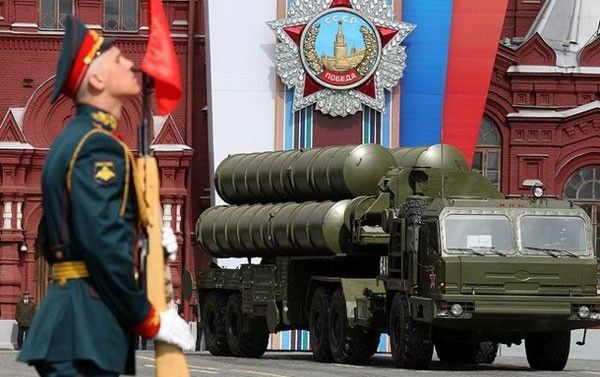Is It Possible That Polish Companies Would Get Involved In Space Mining Initiatives?
Polish space sector companies are willing to get involved in development of the space mining initiative, which is being pursued by Luxembourg. According to PARP, 12 Polish space-sector companies have decided to establish the EX-PL entity (Polish Space Exploration and Resources Exploitation Group). ABM Space company based in the city of Thorn (Toruń) is the initiator of the aforementioned idea.
“We may look at the actions undertaken by Luxembourg and its partners without any reaction, justifying our stance saying that this [the initiative] is complicated and difficult.However, as a strong group, we may be able to enter this business, placing ourselves among the European leaders” - as it was stated by Mateusz Józefowicz, ABM Space vice-president and co-founder. The company specializes itself, among other domains, in space robotics.
12 Polish space-sector companies have decided to establish the EX-PL entity (Polish Space Exploration and Resources Exploitation Group). The aforementioned enterprises include: ABM Space, Astronika, Cilium Engineering, Creotech, Genoa, GMV, Hertz Systems, ITTI, MURB Space, Przemysłowy Instytut Automatyki i Pomiarów [Industrial Research Institute for Automation and Measurements] PIAP, Sauletech and Sybilla Technologies. The listed entities are specializing in creating solutions in the fields of robotics, data analysis, optoelectronics and penetration systems.
Polish contribution to the Rosetta mission has become a proof of the competency, know-how and skills that remain at disposal of the Polish research bodies. During the course of the Rosetta initiative, the scientists have managed to safely land a probe on the surface of a comet. Polish research and development entities, led by the Polish Academy of Sciences Space Research Centre, have been involved in the construction works related to the MUPUS penetrator, one of the research instruments, the purpose of which was to drill into the comet’s surface. Besides the technological dimension and involvement in development of the automated vehicles and mining machines, the Polish companies are also looking forward towards gaining benefits from exploitation of the asteroid resources. “Not only is the collaboration with Luxembourg seen as an opportunity of development for the R&D sector, but it is also viewed as a chance to participate in exploitation of huge resources, also resources that are not available in Poland, such as the rare earth elements or platinum group metals” - as stated by Mateusz Józefowicz, quoted by PARP.
According to the claims made by the EX-PL initiator, the ABM Space company based in Toruń, the project is open to cooperation with more Polish companies which would like to join the activities in question, and which are, at the moment, involved in the works, the aim of which is to prepare programme declaration letters for the Polish Ministry of Development.
Rare earth elements – this is a common name for a family of 17 elements, including lanthanides and group 3 elements, i.e. scandium, yttrium, lanthanum, cerium, praseodymium, neodymium, promethium, samarium, europium, gadolinium, terbium, dysprosium, holmium, erbium, thulium, ytterbium and lutetium. These resources are classified as strategic materials, which are irreplaceable for the modern economy, in applications related to electronics, automotive industry, energy industry, renewable energy sources etc. The price of the resources listed above is annually increasing, in the light of the limited deposits and protectionist policy implemented by China, the largest global manufacturer. Platinum group metals, including ruthenium, rhodium, palladium, osmium, iridium and platinum, are also widely applied in the field of electronics and by the automotive industry. As it was estimated, the Apophis asteroid alone (99942) contains around 20 thousand tonnes of iridium, which is an equivalent to 5000 years of Earth mining. Currently, this substance costs around USD 18700 per kilogram.
Piotr Boroń

